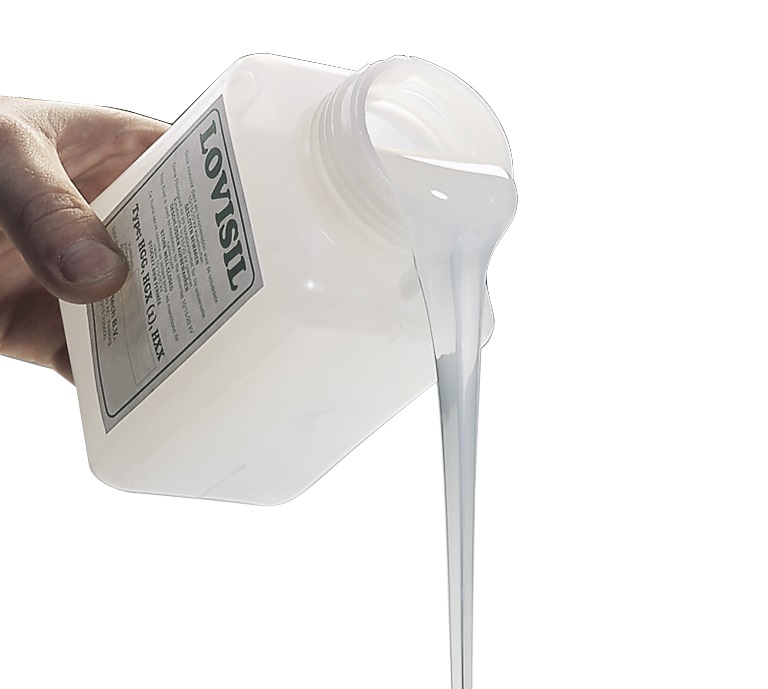Top 8 features of liquid silicone LoviSil®
Why liquid silicone is essential in cable acessories
Silicone ranks among the most widely used polymers globally. People commonly know it as lubricating oil, baking dishes, or even breast implants. In cable accessories, liquid silicone plays a crucial role: it insulates electrical connections. But what exactly makes liquid silicone so effective? Below, we highlight its most important properties and benefits.
Fluid insulation
Liquid silicones provide insulation similar to the cable grease used in PILC cables. This fluid insulation protects the paper in the cable from drying out. Consequently, it significantly reduces the risk of partial discharge, which can damage cable integrity over time.
Low surface tension for complete coverage
Compared to oil or water, silicone has a much lower surface tension. Therefore, the liquid silicone easily flows and spreads. This characteristic ensures that it fills every cavity within a cable splice, providing perfect insulation around the electrical connection.
Moisture-activated curing
Liquid silicones repel water effectively. However, if moisture does enter, the silicone cures upon contact. It forms a soft, fully insulating rubber seal that prevents further moisture penetration. As a result, it safeguards the cable splice against environmental damage.
Intrinsic field-control properties
The dielectric constant of liquid silicone closely matches that of XLPE cable insulation. This similarity gives liquid silicone intrinsic field-control capabilities, helping create a stable and homogeneous electric field within the splice.
High breakdown resistance
Liquid silicones exhibit a breakdown resistance of 21 kV/mm. This high resistance enhances the durability and reliability of cable splices in demanding electrical environments.
Decelerated aging and harmonic resistance
Because liquid silicones tolerate mechanical stress better, they respond effectively to harmonic effects in the cable. Therefore, aging slows down, and cable components enjoy a longer lifespan.
No carbon formation after partial discharge
When partial discharge occurs, silicone dioxide forms. This material is non-conductive and self-extinguishing, which helps prevent fire hazards and improves safety.
Sustainable and long-lasting
Liquid silicones offer exceptional longevity. Thanks to their durability, cable splices insulated with liquid silicone provide sustainable, long-term protection.



